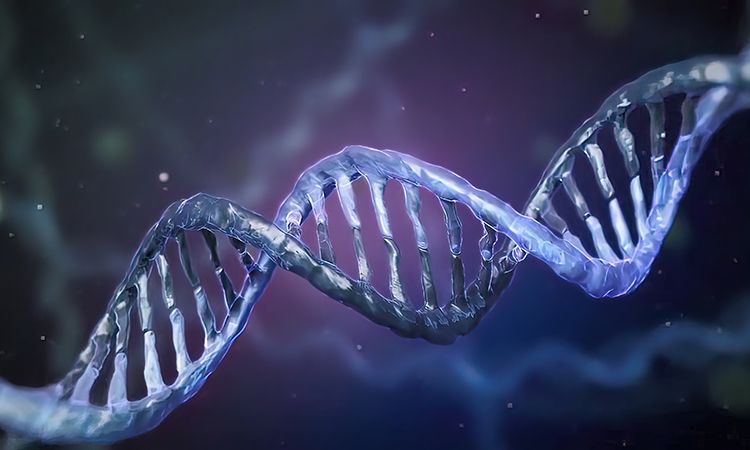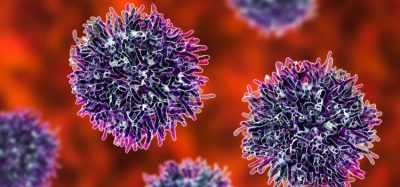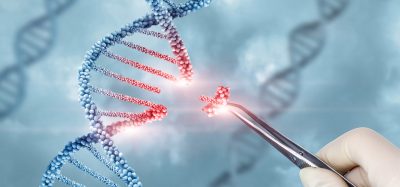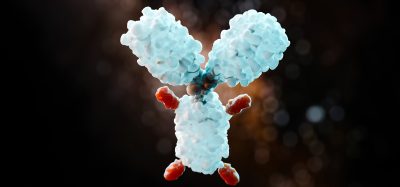Whole genome sequencing study reveals hidden insights about the causes of cancer
Posted: 25 April 2022 | Ria Kakkad (Drug Target Review) | No comments yet
DNA analysis of thousands of tumours has uncovered insights about the causes of cancer, with genetic mutations providing a personal history of the damage and repair processes each patient has been through.


In the biggest study of its kind, a team of scientists from Cambridge University Hospitals (CUH) and University of Cambridge, both UK analysed the complete genetic make-up or whole-genome sequences of more than 12,000 UK National Health Service (NHS) cancer patients.
The research, which was recently published in Science, highlighted patterns in the DNA of cancer, or ‘mutational signatures’, that provide clues about whether a patient has had a past exposure to environmental causes of cancer such as smoking or UV light, or has internal, cellular malfunctions. The team were also able to spot 58 new mutational signatures, suggesting that there are additional causes of cancer that are yet to be fully understand.
“The reason it is important to identify mutational signatures is because they are like fingerprints at a crime scene – they help to pinpoint cancer culprits. Some mutational signatures have clinical or treatment implications – they can highlight abnormalities that may be targeted with specific drugs or may indicate a potential ‘Achilles heel’ in individual cancers,” explained Professor Serena Nik-Zainal.
The scientists hope that the research can potentially be used within the NHS to improve the treatment and care for people with cancer, as Professor Matt Brown, Chief Scientific Officer of Genomics England concluded, “mutational signatures are an example of using the full potential of whole genome sequencing. We hope to use the mutational clues seen in this study and apply them back into our patient population, with the ultimate aim of improving diagnosis and management of cancer patients.”
Related topics
DNA, Genomics, Oncology, Sequencing
Related conditions
Cancer
Related organisations
Cambridge University Hospitals (CUH), National Health Service (NHS), University of Cambridge
Related people
Professor Matt Brown, Professor Serena Nik-Zainal







